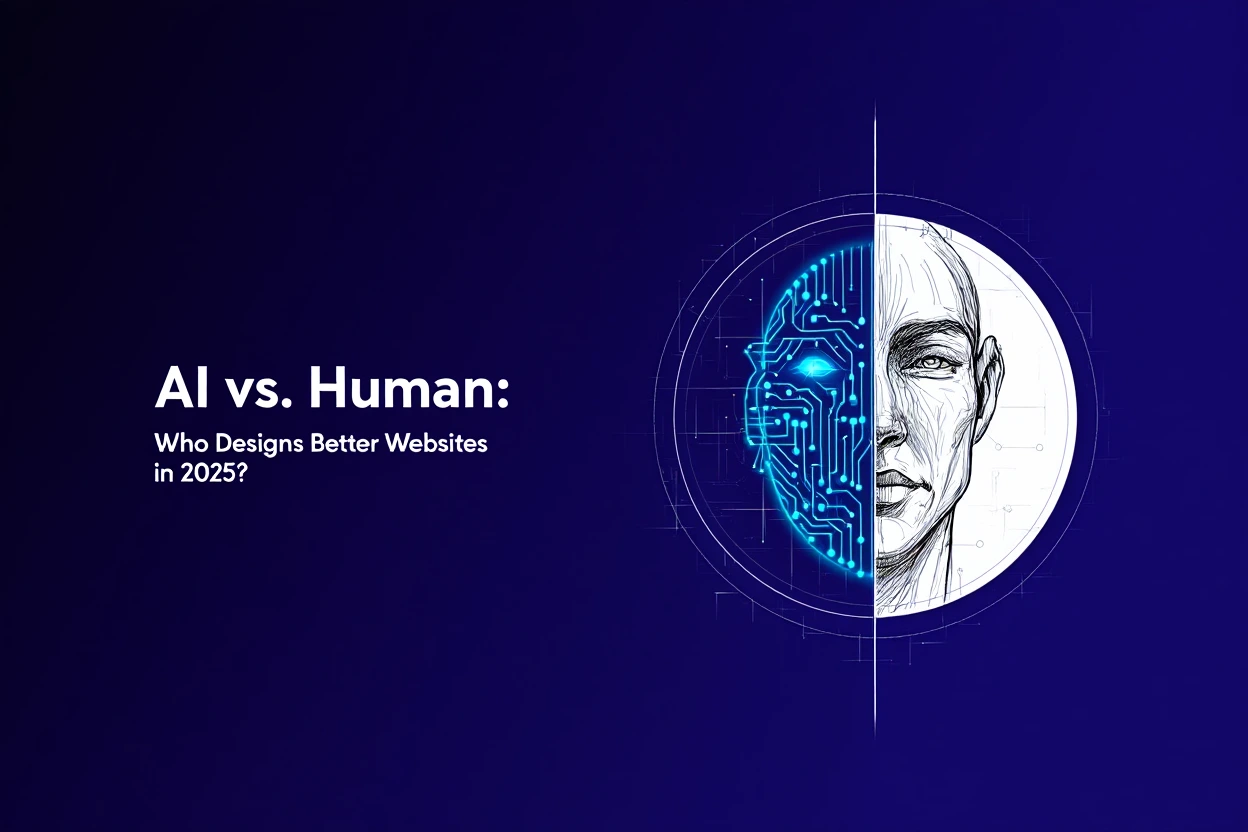Introduction
Artificial Intelligence is advancing at an unprecedented pace—but can it truly match human intelligence by 2025? With AI systems analyzing vast datasets, generating text, composing music, and even assisting in medical diagnoses, the debate around AI capabilities versus human reasoning, creativity, and empathy is more relevant than ever.
This article explores AI vs human intelligence in 2025, examining strengths, limitations, and real-world applications. We’ll delve into how AI processes information, the unique cognitive abilities of humans, and how these forces interact across workplaces, healthcare, and daily life. Readers will gain insights into predictions for the near future, areas where humans and AI can collaborate, and the societal impacts of this evolving relationship. Understanding these differences and synergies is crucial for preparing for a world where humans and AI coexist productively.
Understanding AI Intelligence
What AI Can Do
AI excels at machine learning, data processing, and pattern recognition, performing tasks that would take humans significantly longer:
- Financial institutions use AI to detect fraudulent transactions in real time.
- Healthcare systems employ AI to identify anomalies in medical imaging.
- Businesses leverage AI for supply chain optimization and demand forecasting.
Limitations of AI
Despite its abilities, AI has clear boundaries:
- Emotions: AI cannot feel empathy or interpret social nuances.
- Creativity: AI generates content based on patterns, not original thought.
- Common Sense: Machines struggle with context or abstract reasoning.
Current AI Achievements
AI has made remarkable progress:
- Chatbots like ChatGPT assist in writing and customer support.
- Autonomous vehicles navigate controlled environments.
- Predictive analytics improves healthcare and marketing outcomes.
Human Intelligence and Its Strengths
Cognitive Abilities
Humans excel at problem-solving, learning, and adapting to new situations. Unlike AI, which depends on training data, humans understand context, make assumptions, and apply knowledge flexibly.
Emotional Intelligence
Humans navigate complex social environments with empathy, intuition, and ethical judgment. This allows people to mentor, mediate conflicts, and consider the human impact of decisions—capabilities AI cannot fully replicate.
Creativity and Innovation
Original thinking in art, literature, invention, and problem-solving is uniquely human. While AI can generate art or music, it recombines existing patterns. Human imagination and creativity remain unmatched.
AI vs Human Intelligence Comparison
Speed and Accuracy
AI processes information rapidly, handles repetitive tasks flawlessly, and performs complex calculations. Humans, though slower, excel at interpreting ambiguous or incomplete information.
Adaptability
Humans learn from context and experience, adjusting strategies creatively in new situations. AI requires retraining or new datasets to adapt effectively.
Decision-Making
AI relies on data-driven algorithms, while humans combine logic, intuition, and ethics. In high-stakes scenarios, human judgment considers social and long-term consequences that AI cannot quantify.
Collaboration
AI often complements humans:
- AI generates preliminary medical diagnoses; doctors provide final decisions.
- Businesses use AI analytics to inform human-driven strategy and innovation.
Comparison Table: AI vs Human Intelligence
| Area | AI | Human Intelligence |
|---|---|---|
| Creativity | Pattern-based generation | Original thought and innovation |
| Problem-Solving | Efficient in structured tasks | Flexible, adaptive solutions |
| Learning Speed | Rapid with large datasets | Slower, context-aware |
| Emotional Intelligence | None | High (empathy, ethics) |
| Decision-Making | Data-driven | Intuition + ethics + data |
AI’s Impact on Society by 2025
Job Automation and Workforce Changes
AI will continue automating repetitive and data-intensive roles in manufacturing, administration, and customer service. Jobs requiring creativity, empathy, and complex decision-making remain less affected. Preparing for AI-driven workplaces involves upskilling and embracing AI-human collaboration.
Education and Skill Development
As AI handles routine tasks, humans must focus on critical thinking, creativity, and emotional intelligence. Education systems increasingly integrate AI to personalize learning and prepare students for hybrid workplaces.
Ethical and Social Considerations
AI adoption raises questions about privacy, accountability, and governance. Decisions on who controls AI, how data is used, and how biases are managed will shape society in 2025.
Will AI Prevail Over Humans?
AI may surpass humans in speed, memory, and data processing, but it remains limited in creativity, empathy, and ethical judgment. The future likely favors AI-human collaboration, where AI amplifies human capabilities:
- Doctors rely on AI for scan analysis, while humans make treatment decisions.
- Businesses combine AI analytics with human strategy and innovation.
Humans maintain the advantage in areas requiring empathy, moral reasoning, and original creativity. Success lies in combining AI efficiency with human intelligence for optimal outcomes.
Conclusion
By 2025, AI will be deeply integrated into daily life and industry. While AI vs human intelligence sparks debate, AI remains a powerful tool rather than a replacement. Humans retain unique strengths in creativity, emotional intelligence, and ethical decision-making.
The most effective approach is collaboration—leveraging AI for repetitive, data-heavy tasks while humans focus on innovation, empathy, and strategy. Embracing AI-human synergy ensures a productive future where technology enhances human capabilities rather than competes with them. Understanding these dynamics allows society to harness AI responsibly and shape a world where humans and machines thrive together.
